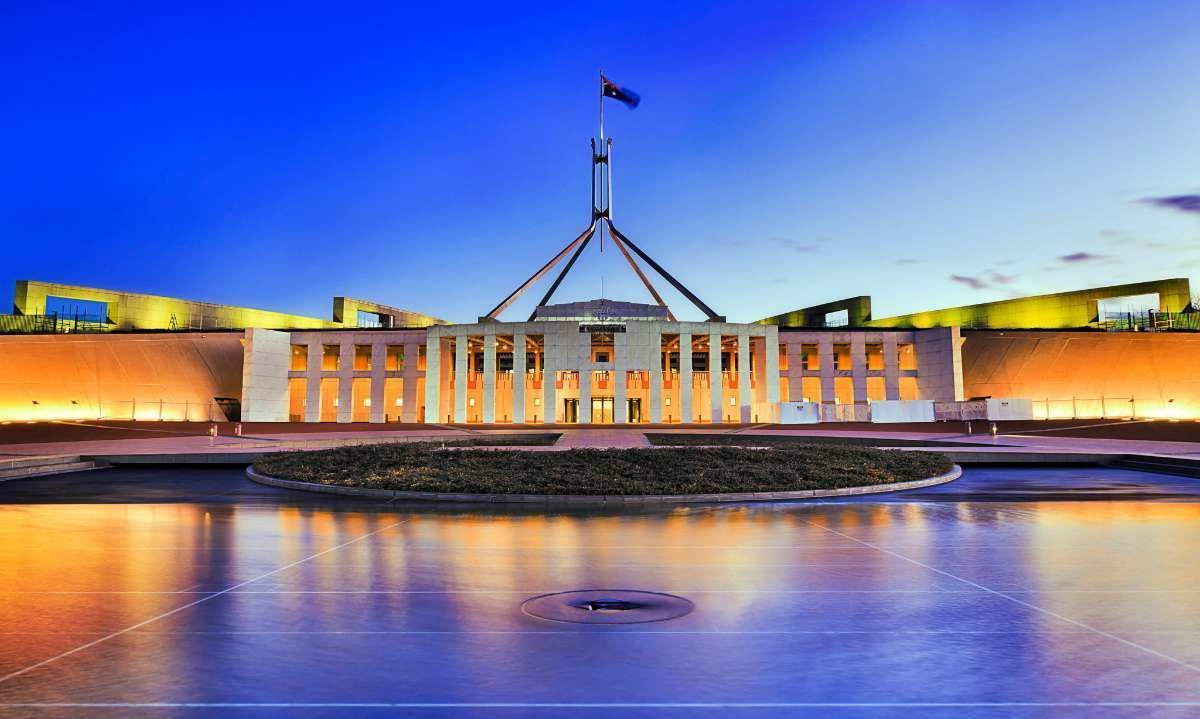
With these measures, Australia aims to strengthen its position as a leader in the global energy transition and reduce its reliance on strategic imports from China.
Australia has passed new legislation granting tax incentives for the production of critical minerals and renewable hydrogen, reinforcing its energy transition strategy with the goal of achieving carbon neutrality by 2050 and reducing dependence on China.
New Tax Breaks for Critical Minerals
The Australian Parliament approved a law on Tuesday establishing tax incentives equivalent to 10% of processing and refining costs for 31 critical minerals. These benefits will be available from the fiscal year ending in June 2028 until 2040, with a maximum duration of 10 years per project, according to the Labor government led by Anthony Albanese.
Boost for Renewable Hydrogen
To encourage the production of renewable hydrogen, the government will offer a tax incentive of $1.26 per kilogram produced. This measure aims to position Australia as a key player in the global clean hydrogen industry.
"By processing more of these minerals in Australia, we will create jobs and diversify global supply chains," said Resources Minister Madeleine King.
Global Competition for Critical Minerals
Major economies worldwide are investing billions in critical mineral projects to compete with China, the world’s largest producer of rare earth elements. These minerals are essential for manufacturing solar panels, batteries, and high-tech equipment, as well as for building submarines and aircraft.
Opposition and Political Debate
The opposition Liberal-National coalition voted against the legislation after the Labor government and the Greens blocked its proposed amendments, which sought to reduce environmental requirements and consultations with Indigenous communities.
"Labor’s tax credits come with unnecessary bureaucratic environmental and social regulations," the opposition stated in a release.
Economic and Electoral Impact
The Albanese government plans to highlight these incentives in key electoral districts in Western Australia and Queensland ahead of the national elections scheduled for May.
In its May budget, the Australian government pledged approximately $4.4 billion for the processing and refining of critical minerals and $4.2 billion for renewable hydrogen production between 2028 and 2040.




